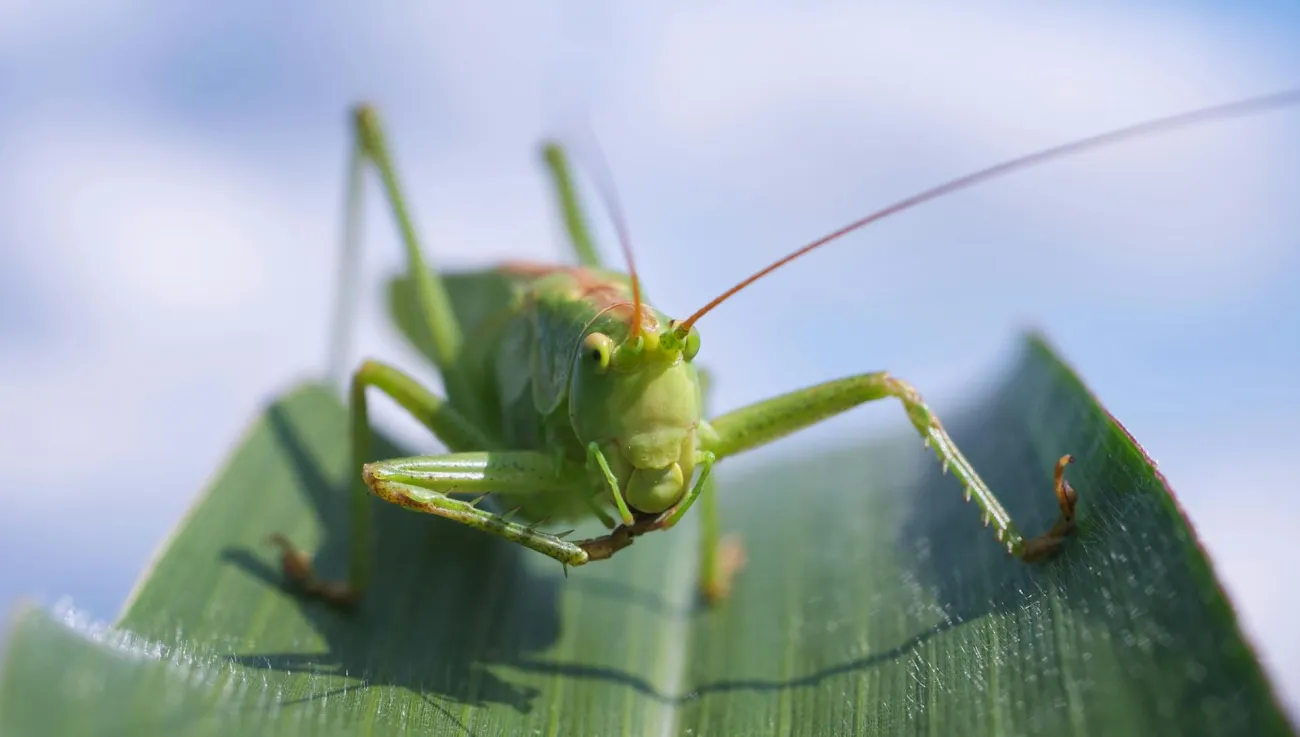This systematic review examines the impacts on environment, food security and human health of seven types of plastic used in the food system. The authors created an interactive evidence map, which can be viewed here. Most publications focused on the agricultural stage, with fewer looking at retail, household or food waste disposal. There is relatively little evidence on the impacts of food system plastics in low- and middle- income countries.

The figure below shows the distribution of evidence available on plastics in different food system subsectors and impact types. Only 8% of the papers identified by the review covered environmental impacts, despite ongoing public discussion of plastic’s environmental problems. The authors suggest that some studies may have been excluded from the search criteria if they use broader terms such as “fishing gear” without identifying the material. Furthermore, plastic micro-or nanoparticles may be too small to trace to a food system source.
Image: Figure 3, Yates et al. Food system subsectors and outcome domains covered in eligible studies for the review. Venn diagrams of the volume of literature found according to food system subsectors (a) and by outcome domain (b) for all the included studies (n = 3,362).
The review finds that plastic mulches, tunnels and greenhouses may have an important role to play in helping agriculture mitigate and adapt to climate change, for example by improving productivity and reducing pesticide and fertiliser use. However, few studies looked at contamination of crops and soil by agricultural plastics or substances they contain.
Many studies examined the role of plastics in controlling pathogens and maintaining nutrient quality in food. There is relatively little research on the tradeoffs for human health, food waste and food hygiene associated with using or replacing plastics, particularly in low-income countries.
While there is recognition by some intergovernmental bodies of the human health impact of exposure to microplastics and plastic-related substances such as bisphenol A (BPA), the authors identify a lack of research that links insights from across food system subsectors, plastic types and uses, and different outcomes. This sort of cross-cutting research is particularly important, they say, for understanding the potential health risks of the circular economy - for example, if plastics are recycled from the agriculture stage to the retail stage, or from other economic sectors into the food system.
Abstract
Plastic pollution arising from food systems is driving policies for reduction, removal, reuse and recycling, but literature on plastic uses and outcomes across subsectors is fragmented. We use a systematic scoping review to describe the extent, range and nature of published evidence since 2000 on seven major plastic types used at any point within food systems and their quantifiable effects on the environment, food security and human health. Although the majority of publications focus on agricultural production, relatively fewer consider retail, household and food waste disposal plastics. Gaps in the research include evidence from low- and middle-income countries, health or food security and/or economic outcomes generated from human population studies—and the subsequent environmental and human health effects. A greater understanding of this disparate evidence landscape is essential to formulate coherent research strategies to inform potential policy actions and assess trade-offs across economic and environmental targets, human health and food security.
Reference
Yates, J., Deeney, M., Rolker, H.B., White, H., Kalamatianou, S. and Kadiyala, S., 2021. A systematic scoping review of environmental, food security and health impacts of food system plastics. Nature Food, 2(2), pp.80-87.
Read the full paper here. See also the Table explainer Food systems and contributions to other environmental problems.




Comments (0)